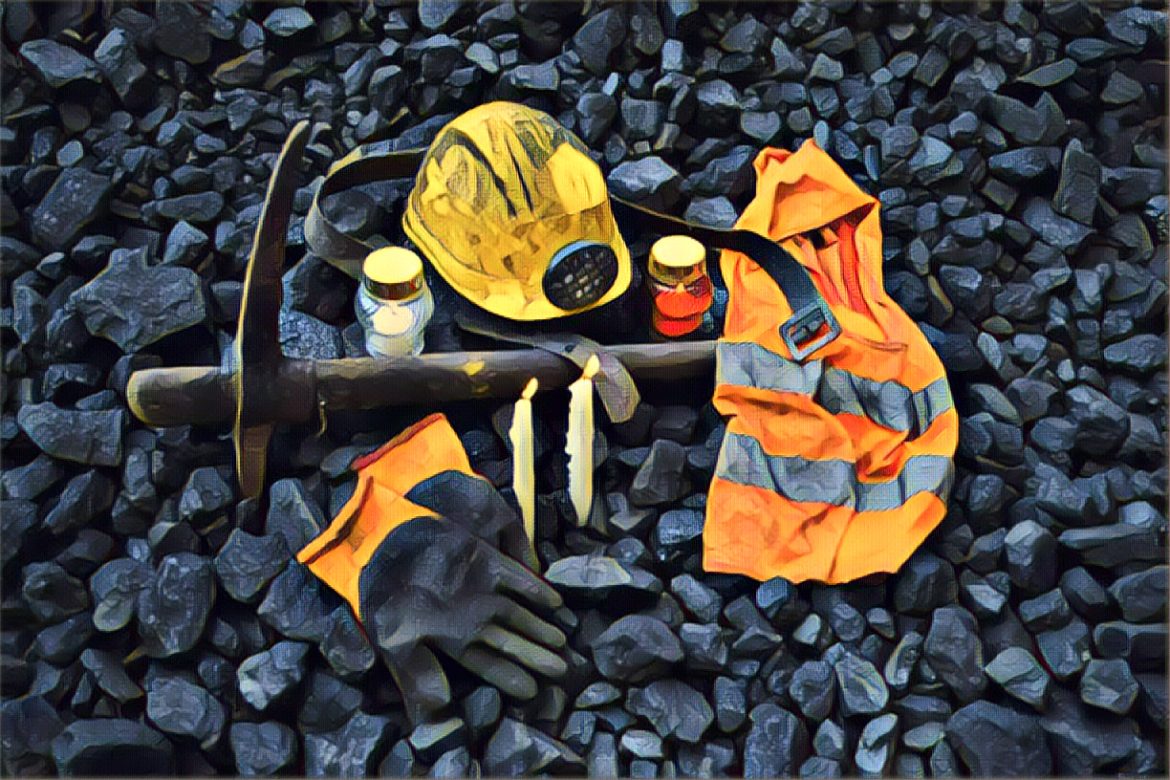Zimbabwe’s mining sector has been hit by a series of deadly accidents that claimed the lives of at least 237 people in 2023, according to a senior government official.
Michael Munodawafa, the chief government mining engineer, told a media briefing on Thursday that the death toll came from 212 recorded mining accidents, some of which went unreported.
Most of the fatalities involved unregistered artisanal miners, who often engaged in unsafe mining practices and were reluctant to follow safety protocols, Munodawafa said.
“This figure (237 deaths) is scary. Most of the accidents occur in unregistered mines, and we have a problem controlling these illegal miners because of a shortage of resources. Out of all the miners in the country, less than 50 percent are registered,” Munodawafa said.
He said the unregistered artisanal miners were prone to mining accidents because they lacked the skills and technical know-how to practice safe mining and often disregarded laws.
Mining is a major source of income for many Zimbabweans, especially in rural areas where formal employment opportunities are scarce.
Many of these miners risk their lives every day to dig for gold and other minerals in abandoned or illegal shafts, often without proper equipment, ventilation, or safety measures.
They also face the threat of violence from armed gangs who fight for control of the lucrative mining sites, as well as harassment and extortion from security forces and government officials.
Munodawafa said the government was conducting awareness campaigns, advising miners not to mine during the rainy season and to always observe safety protocols when carrying out mining operations.
He also said the government was working on a new Mines and Minerals Bill that would streamline the mining sector and ensure compliance with environmental and social standards.
However, some mining experts and activists have called for more urgent and concrete action to address the root causes of the mining accidents, such as poverty, corruption, and lack of enforcement.
They have also urged the government to provide more support and incentives for the artisanal miners to formalize their operations and access better equipment, training, and markets.
Munyaradzi Hwengwere, a mining consultant and former chief executive of the Zimbabwe Investment Authority, said the government should recognize the contribution of the artisanal miners to the economy and facilitate their integration into the formal mining sector.
“The government should create a conducive environment for the artisanal miners to operate legally and safely, and to benefit from the mineral wealth of the country.
He said the government should also crack down on the illegal trade and smuggling of minerals, which deprives the country of much-needed revenue and fuels the violence and instability in the mining sector.
According to the International Crisis Group, a think-tank, Zimbabwe is losing an estimated $1.5 billion a year in potential income from gold smuggling, mainly to South Africa and the United Arab Emirates.
Hwengwere said the government should also engage with the civil society and the mining communities to address the social and environmental impacts of mining, such as land degradation, water pollution, and human rights violations.
He said the mining accidents were not only a tragedy for the victims and their families but also a loss for the nation.
“These are young and productive people who are dying in these mines. They are the future of the country. We need to protect them and harness their potential for the development of the country,” he said.
Source: New Zimbabwe


